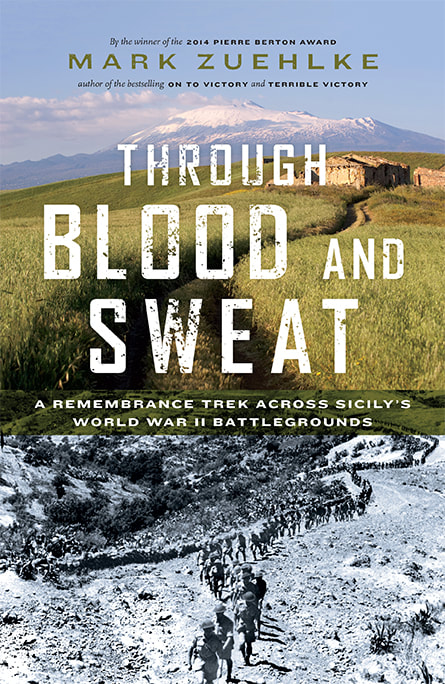|
Vertical Divider
|
excerpt from
|
About the AuthorMark Zuehlke is an award-winning author generally considered to be Canada’s foremost popular military historian. His Canadian Battle Series is the most exhaustive recounting of the battles and campaigns fought by any nation during World War II to have been written by a single author.
[Read more.] |

